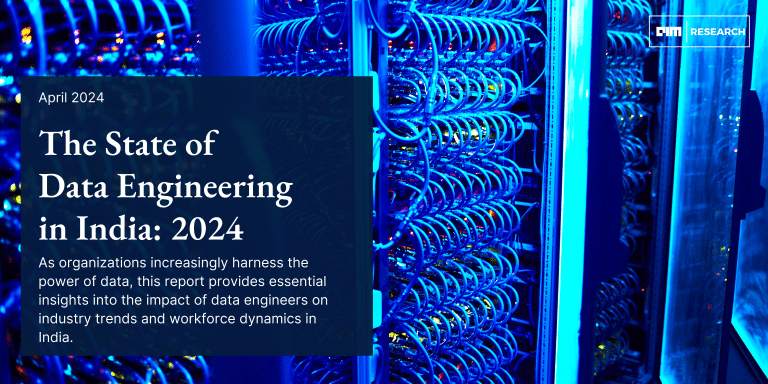Data Science is definitely one of the most imperative domains for any business to thrive. However, there is one more domain that has also the same vision as data science — Business Intelligence. Even though both the domains support business decision making based on data facts, they both are not the same completely.
In recent times the field of data science is also attracting BI professionals, specifically because it is much closer to data science. If fact, there are so many similarities that people end up assuming that data science is the “clever” version of business intelligence.
In this article, we are going to list some of the points you need to consider if you are planning to make that transition from your business intelligence role to a data science role.
Strengthen Your Analytical And Insight Generating Skills
Being a professional in the business intelligence domain you are already having a significant amount of knowledge and skill when it comes to analytics and report generation. If you look at the current data science scenario, the role of data science professional includes much more about understanding the core business, data exploration, and generating insights to solve some of the most complex problems. Therefore, the skillset is really imperative to become a good data science professional.
Focus On Statistics
Statistics has a strong relationship with data science; it is also considered to be foundational to data science domain. If you are from business intelligence and making a transition to data science, you can strengthen your statics game in order to put weight on your insights. Statistical metrics would definitely put some extra flavour on your insight would look much more convincing when you are working with senior-level executives, showing what insights you have.
Furthermore, make sure you have a significant amount of knowledge around these three statistics: descriptive statistics, probability, and inferential statistics.
Learn More About Analytic Tools
When you are focusing on landing onto data science, make sure you are doing your part by learning the much-needed programming languages as well as the tools around them. As a business intelligence professional, you might be really good with analytics, insight generation, statistics; however, programming also plays a crucial role in data science.
You will have to have expertise with tools that have data handling capabilities, graphical capabilities, machine learning model building capabilities, and should also have deep learning support. And all these could be done only if you learn analytic tools like R, Python, SAS and MADlib.
A simple hack to get you started: if in case you are not familiar with programming and doesn’t have any experience, then you do not worry. All you can do is, initially, try to become an expert in using the tools for certain tasks and try to master the required programming to perform those tasks. Many might argue that its not a great practice, but this is definitely you can do to get yourself on the track.
Make Yourself Familiar With Hadoop-Related Programming
Programming that is related to Hadoop is considered to be really significant in Data Science. That is not all, companies even turn to Hadoop as they consider to be one of the best environments when you are working with both structured and unstructured data, advanced data transformations, profiling and cleansing data etc. So, make sure you learn about Hadoop related programming as well as products.
Be A Storyteller
Nowadays, data is getting deeper and more complex, the absence of narrative is making it hard to relate to the facts. With that, it is becoming more imperative than ever to bring in simplicity in it. And how would you do that? By becoming a better storyteller.
When we are saying storyteller, we are not just saying that you should only have an understanding of the business and should be passionate about data. Rather, along with all the necessary things, you also should be able to make insights from the data simple and more interesting, drawing interest from listeners and readers alike.
Stories provoke thought and bring out deeper insights. So, make sure you are good enough in presenting any kind of insight you find. You can read our article on data storyteller to get a clearer picture.




















































































